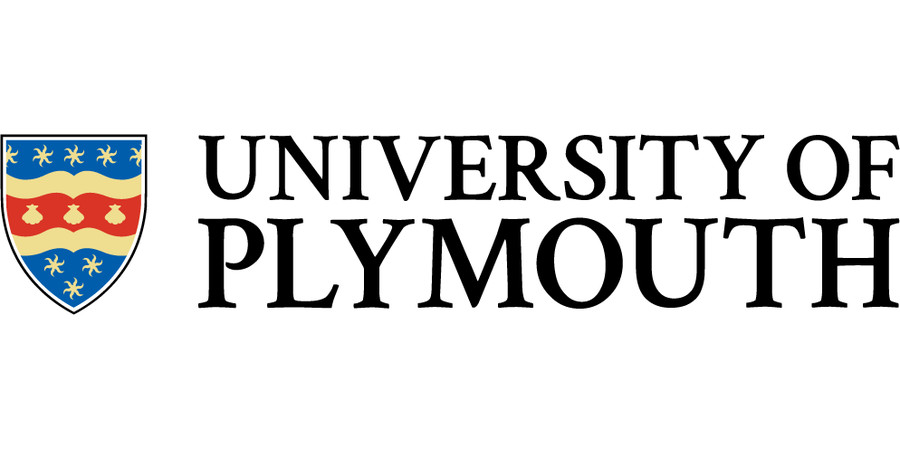PhD Studentship: Nanoplastic-phytoplankton interactions under ocean warming and their multi-stressor effects
University of Plymouth - Environmental Sciences
| Qualification Type: | PhD |
|---|---|
| Location: | Devon, Plymouth |
| Funding for: | UK Students, EU Students, International Students |
| Funding amount: | The studentship is supported for 3.5 years and includes a stipend from £20,780 per annum 2025-26 rate (2026-27 UKRI rate TBC) |
| Hours: | Full Time |
| Placed On: | 11th November 2025 |
|---|---|
| Closes: | 7th January 2026 |
2nd Supervisor: Professor Jamie Lead
3rd Supervisor: Dr Adam Lewis, CEFAS
4th Supervisor: Dr Andrew Turner, CEFAS
Applications are invited for a 3.5 years PhD studentship. The studentship will start on 01 October 2026
Project Description
Scientific background
Our seas have absorbed ~90% of the heat accumulated on Earth in the past 50 years. Consequently, sea surface temperatures and the frequency of marine heatwaves are increasing rapidly. Meanwhile, millions of tons of plastics enter the marine environment every year. Continual fragmentation has led to the occurrence of nano-scale plastic particles (nanoplastics; 1-1000 nm) which represent the majority of plastic in the ocean. The impact of nanoplastics on marine life and ecosystem function requires attention to understand the risk of these abundant pollutants in the context of other co-occurring environmental stressors. The influence of ocean warming on the biouptake of nanoplastics will be explored under simulated natural conditions in the laboratory. Marine phytoplankton, which act as the base of the marine food web and contribute to major global biogeochemical cycles, will be used as a model to understand bioaccumulation of nanoplastics and any impact of exposure on oceanic carbon cycling in the future warmed ocean.
Research methodology
Palladium (Pd)-doped plastic nanoparticles (Pd NPPs) will be synthesised and characterized using a multi-method approach. Laboratory exposures with Pd NPPs will be conducted on model marine phytoplankton species under various ocean warming scenarios. Single cell- and single particle- inductively coupled plasma-mass spectrometry (SC-ICP-MS) will be used to track biouptake as affected by temperature. Proteomic analysis will be used examine mechanisms of NPP toxicity towards phytoplankton.
Training
The PGR will receive training in nanoparticle synthesis and characterisation. Experience will be gained in collecting and analysing mass spectrometry data using state-of-the-art approaches. Training will be provided in algal culturing and physiological monitoring, as well as in molecular biology. Through the ARIES DTP and access to the University of Plymouth Researcher Development Programme, the PGR will acquire a range of professional and transferable skills. The PGR will meet with the supervisory team regularly throughout the project to receive guidance and support.
Person specification
We seek an enthusiastic and motivated individual with interests in nanotechnology and/or marine biology. Prior experience in materials characterisation or algal culturing techniques would be beneficial. Experience in mass spectrometry would be desirable.
Eligibility
Applicants should have a first or upper second-class honours degree in an appropriate subject e.g., Chemistry, Biology, Environmental Sciences or a relevant Masters qualification.
If your first language is not English, you will need to meet the minimum English requirements for the programme, IELTS Academic score of 6.5 (with no less than 5.5 in each component test area) or equivalent.
Successful candidates who meet UKRI’s eligibility criteria will be awarded a fully-funded ARIES studentship of fees, maintenance stipend, £20,780 p.a. for 2025/26 (2026/27 rate TBC) and research costs.
If you wish to discuss this project further informally, please contact:
Dr Craig Dedman-Jones, craig.dedman-jones@plymouth.ac.uk
Please see here for a list of supporting documents to upload with your application.
Please click on the Apply button above for further information and to apply.
The closing date for applications on 7th January 2026.
Advert information
Type / Role:
Subject Area(s):
Location(s):









